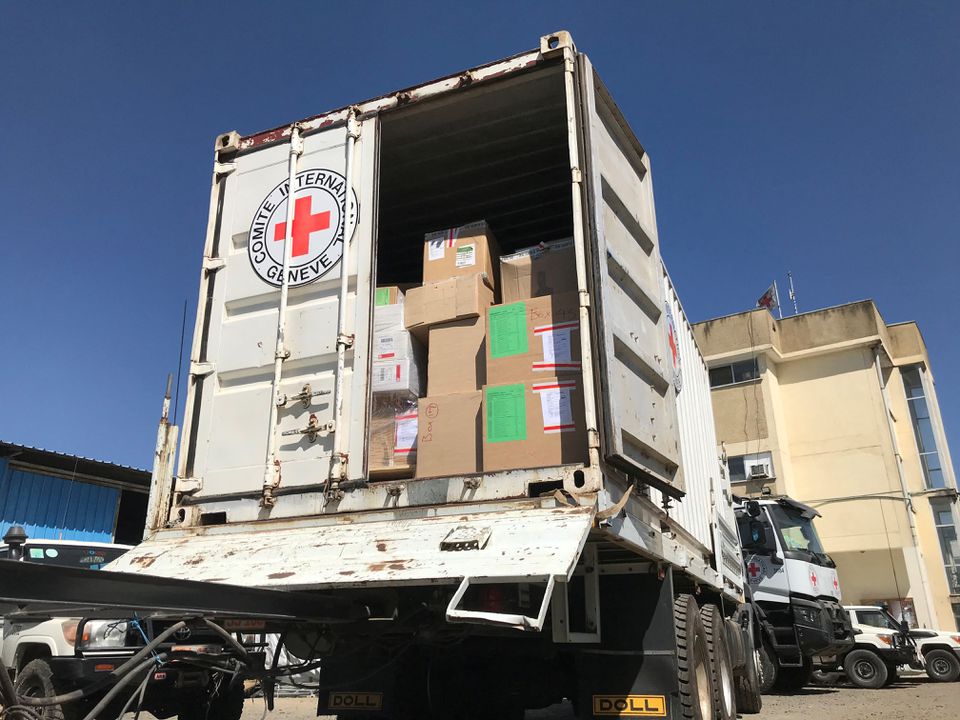Ethiopia’s Tigray region has run out of medical supplies such as vaccines, antibiotics and insulin, World Health Organization officials said on Friday, warning that many deaths were probably going unrecorded from preventable and treatable diseases.
The conflict that has pitted Ethiopia’s army against forces from the country’s northern region of Tigray has killed thousands, displaced millions and left thousands on the brink of famine. Peace talks are going on in South Africa.
The conflict has led to a de facto blockade that has lasted around two years, although some aid supplies reached communities between March and August during a temporary ceasefire which has since been broken.
Only about 9 per cent of health facilities in Tigray are fully functional amid access constraints and fuel shortages, WHO officials told journalists in Geneva. Those that can still operate are resorting to using saline solutions to treat wounds and rags to dress them, they said.
“In these situation of hardship and limited access, often death happens at a community level that goes underreported and unregistered,” said Altaf Musani, WHO Director of Health Emergencies Interventions, at a Geneva press briefing, describing the situation as “deeply worrying”.
Spokespeople for the prime minister, health minister and a government spokesperson did not immediately respond to a request for comment. The Tigray forces’ spokesperson Getachew Reda did not immediately respond either.
World Health Organization chief Tedros Adhanom Ghebreyesus, a Tigrayan who lost his younger brother to a childhood disease, has been increasingly vocal about the health crisis there.
“I urge the intl. community to give this crisis the attention it deserves. There is a narrow window now to prevent genocide,” he said on Twitter late on Thursday.
Ilham Abdelhai Nour, WHO Team Lead for Ethiopia, described the malnutrition levels in Tigray as “staggering”, with nearly one in three children under 5 acutely malnourished.
“When they (malnourished children) get sick they tend to get a severe disease and tend to die,” she said. Childhood routine immunisation levels in Tigray have plunged to below 10 per cent from around 90 per cent pre-conflict, the WHO said.


